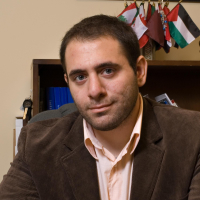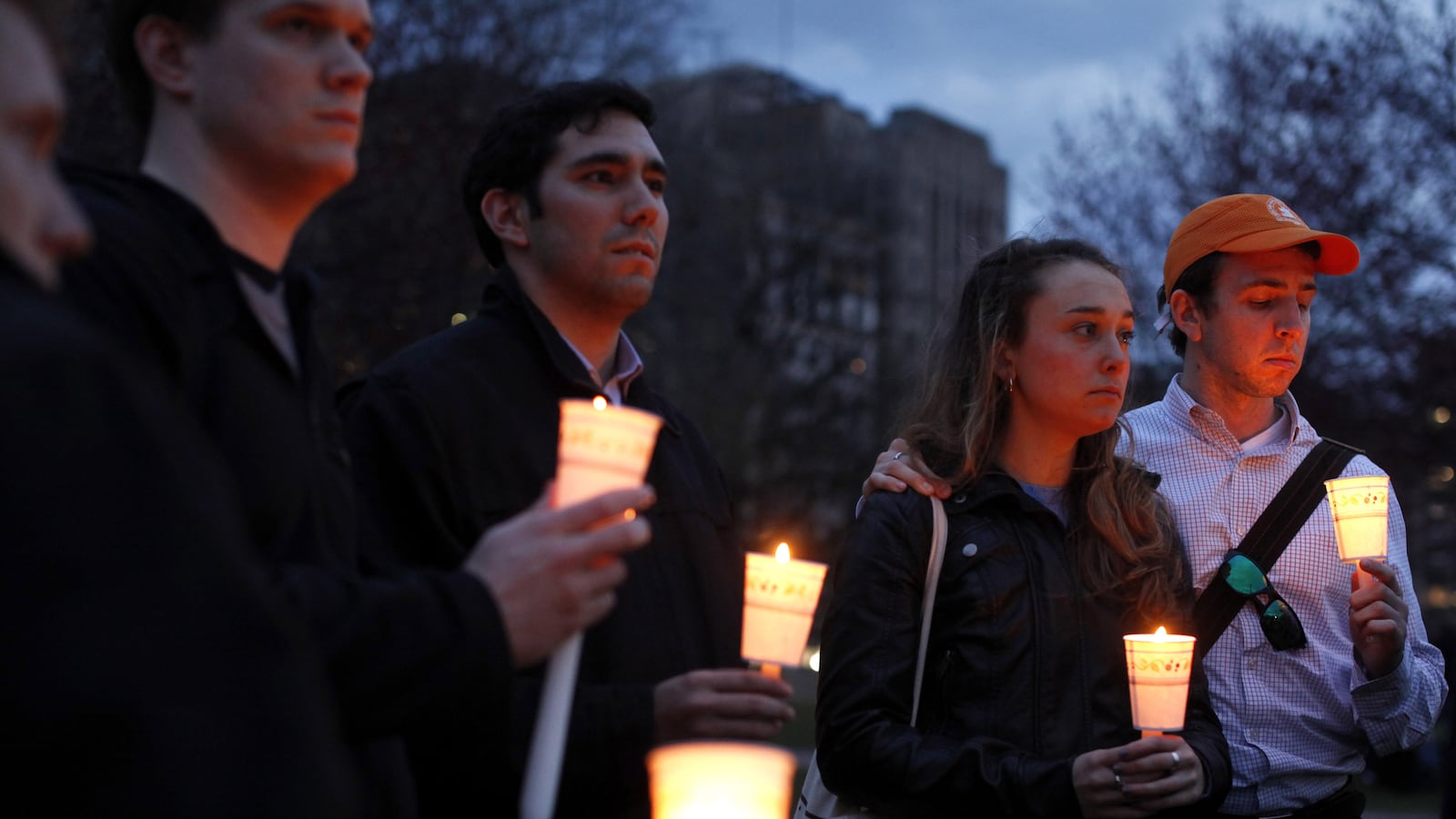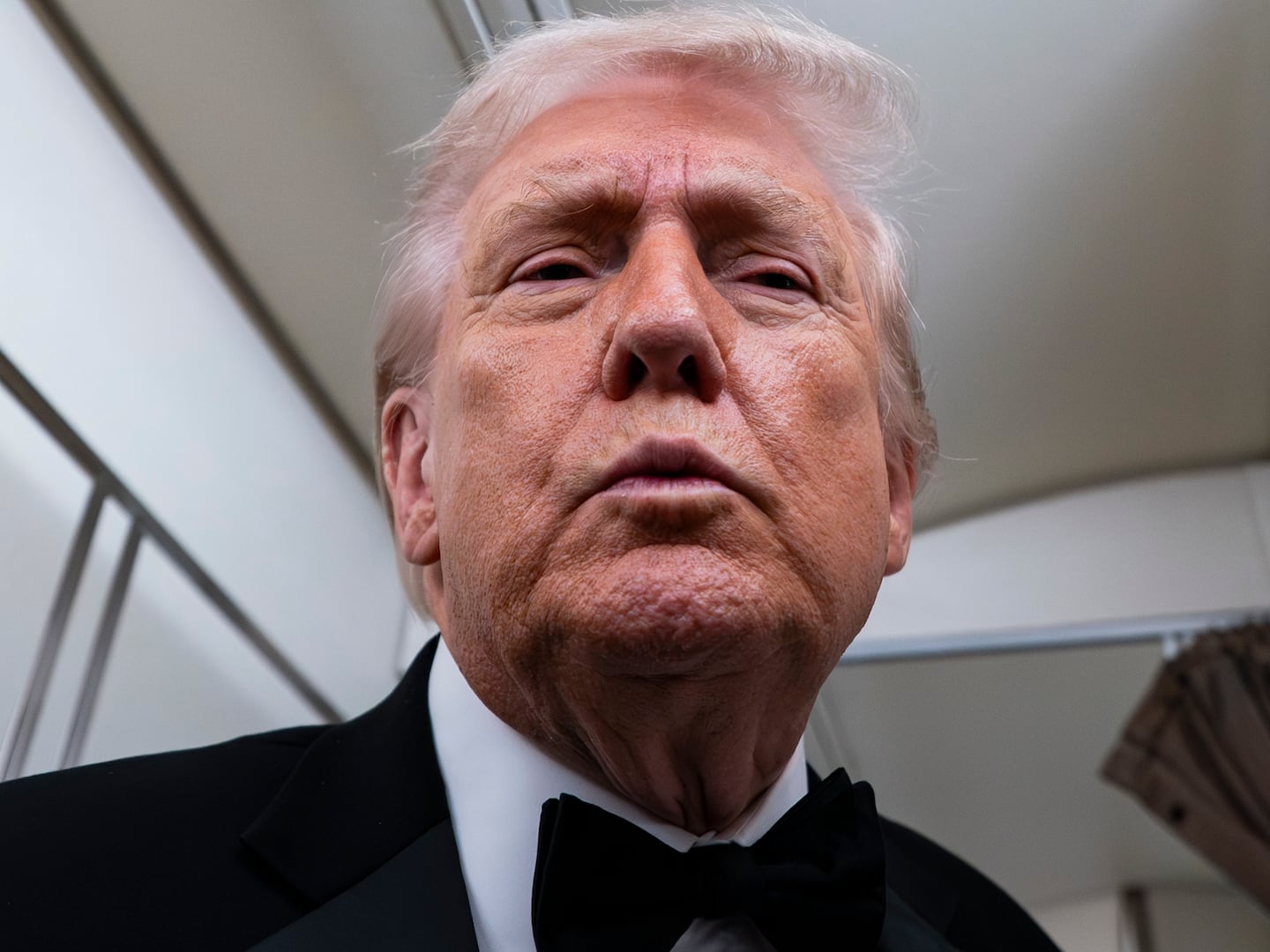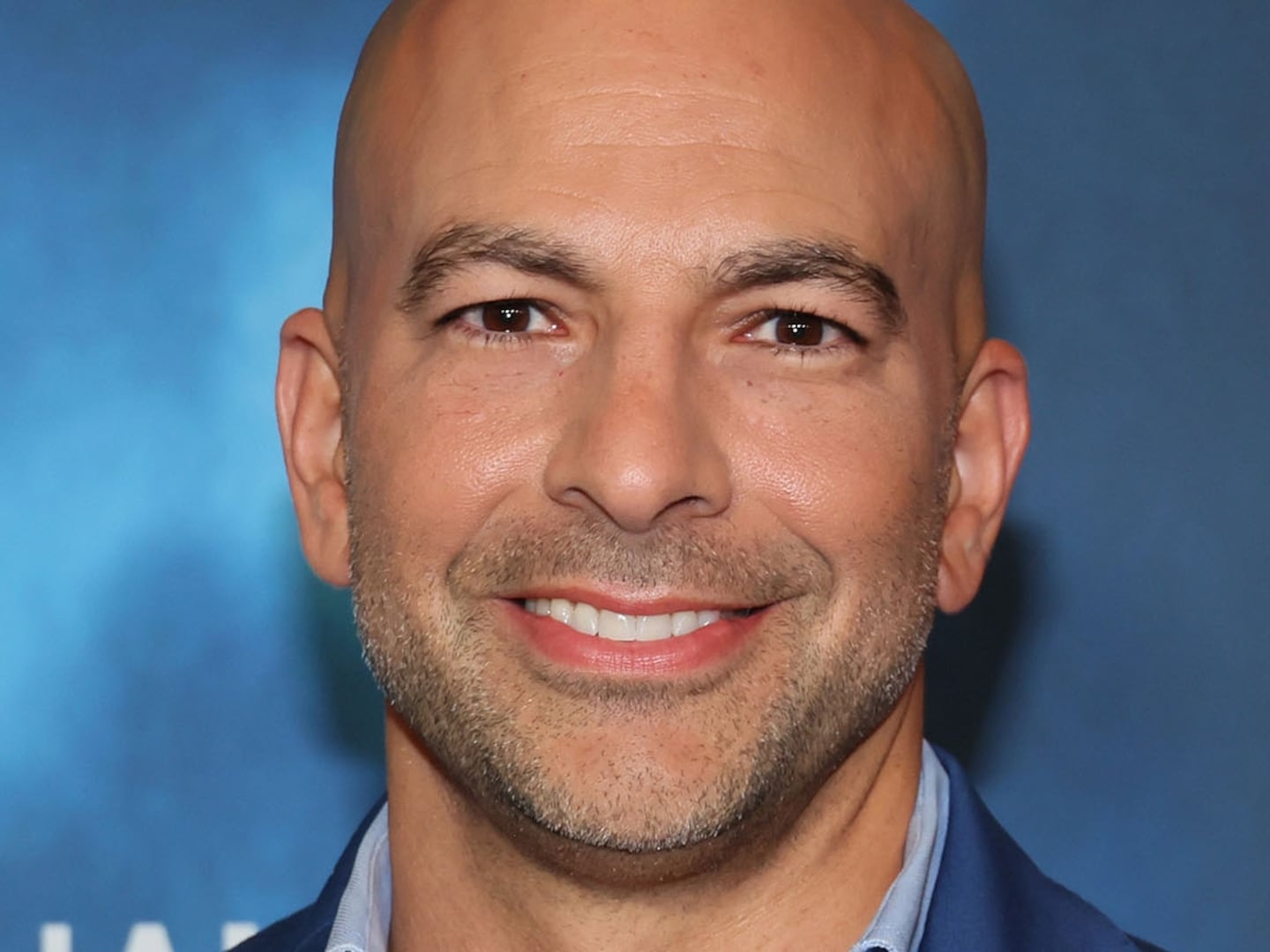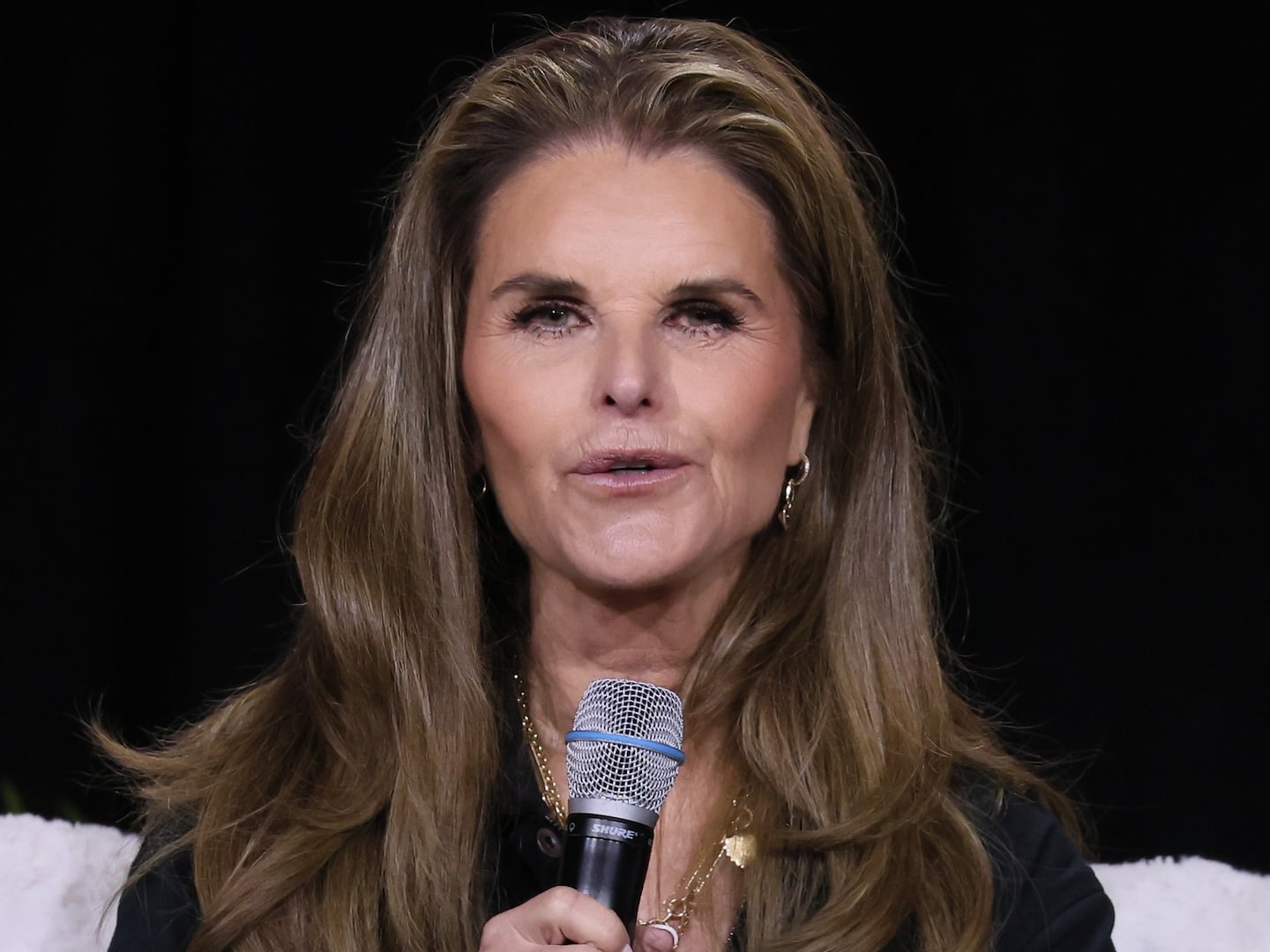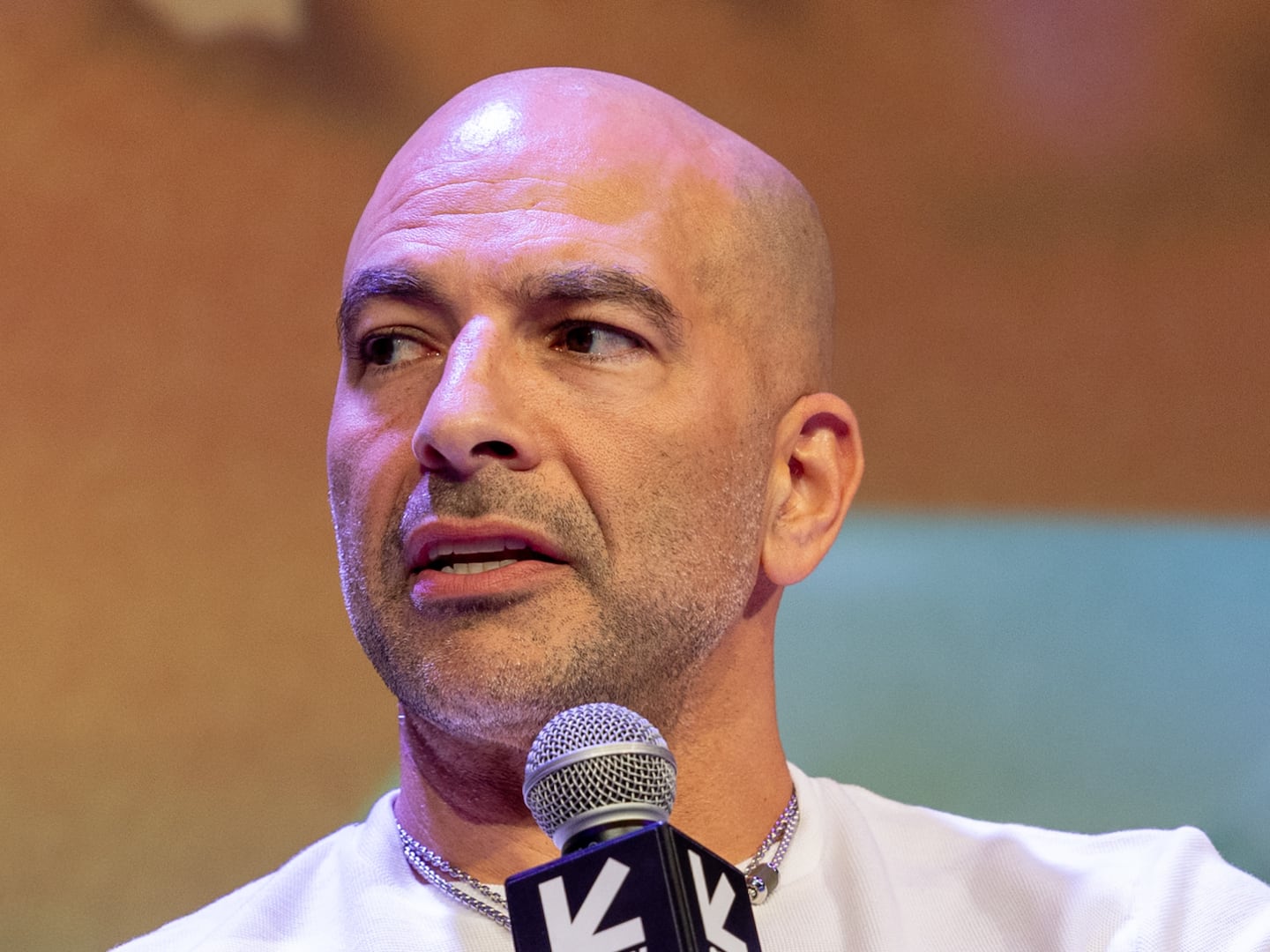Something about the third week of April brings tragedy and bloodshed into American history: Waco, Oklahoma City, Columbine, Virginia Tech. Now Boston and West, Texas, are added to the list. The United States has too many memorials to remember in this short span. But the 2013 version of this week will prove important to reflect upon. Between the news of Boston and Texas came news out of Washington: the Senate failed to pass legislation that would expand background checks for gun sales, which would have been the simplest, least controversial legislative action they could have taken in response to an ongoing national debate set off after the Newtown, CT, shootings.
What do mass shootings, acts of terrorism and workplace accidents have in common? All of them pose fundamental challenges to the security and wellbeing of the citizenry, and all of them demand a government response. Yet despite the fact that all three of these events can result in carnage and destruction, the policy discourse and media coverage of each varies in the aftermath, and does not neatly correspond with the severity of the threat posed.

In 2011, more than 4,600 people died in American workplace accidents – that’s 13 a day. Since the rampage at Newtown, nearly 4,000 people have been killed in gun violence or roughly 30 a day. In the five year span from 2007 to 2011, 93 Americans have died due to terrorism in the United States – that’s about .05 people a day. Americans remain more likely to be killed by having their furniture fall on them, choking on their own vomit, or being stung by bees than at the hands of terrorists.But the national conversations after each of these events are remarkably different. Certainly with every discussion of increased government action in society for the sake of protecting Americans a balance must be struck between liberty and security. Where that balance seems to lie on each of these issues varies, and not in a way that makes sense given the threats they pose.
The destruction in West, Texas, was massive. Some say it was similar to a small nuclear explosion – it even registered a 2.1 on the Richter scale. There is scant discussion today though about what the government regulatory agencies missed and how their role should change. Compare this to the incessant discussion dominating the media today in the aftermath of the Boston Marathon Bombings. Some officials are calling for expanded government roles in policing and, in some cases, spying on mosques. Profiling and heightened scrutiny of Muslim Americans is again being advanced by some policy makers as necessary and effective public policy (it is neither).
Why is it that the post-event discourse about security versus liberty tends to center closer to the security end of the spectrum after terror attacks and less so after mass shootings or massive workplace accidents?
Perhaps the answer lies in the nuances of the discourse after some terror attacks. Take, for example, the terror attack on a Sikh Temple in Wisconsin last year. Wade Michael Page, a middle-aged white army veteran involved in white supremacy movements slaughtered six people and wounded four others. There was no remarkable discussion about profiling army veterans or white men who listened to or produced racist music. There was little in-depth coverage of how he was “radicalized.”
Yet time and again, even though attacks perpetrated by Muslims make up a minority of terror attacks in the U.S. (94% of terror attacks from 1980-2005 were not committed by Islamic extremists) it is only Arab and Muslim Americans who are singled out as communities that should receive additional scrutiny.
In fact, certain profiling techniques may have contributed directly to law enforcement missing the Tsarnaevs. “Authorities,” the New York Times notes, “would most likely have given Mr. Tsarnaev a closer examination when he returned to the United States if he had traveled to Yemen or Pakistan” instead of Russia. Profiling was also notoriously exploited by Anders Breivik, who wrote that he’d evade “the scrutiny often reserved for young men of Arab descent,” before killing 77 people in Oslo and Utoya.
Why are the liberties of Arab and Muslim Americans put on the chopping block so quickly while other communities evade such scrutiny? Why is it far easier to pick on Arab and Muslim communities than to regulate further the freedoms of gun owners, business owners and other ethnic or racial communities?
The obvious answer is that it is politically cheap to do so. Taking on the gun lobby isn’t easy. Taking on business interests backed by lobbies of their own also isn’t easy. But what political price is there to pay for en masse targeting of politically unempowered minority groups?
As the United States recovers from this devastating week, it is important to look back at how differently we respond to these events and whether our government truly has its priorities in order.
It’s easy to direct vitriol and blame to groups perceived to be outsiders, just as it is easier not to take on the gun lobby or big business, but it is also wrong and it certainly does not make any of us safer.
